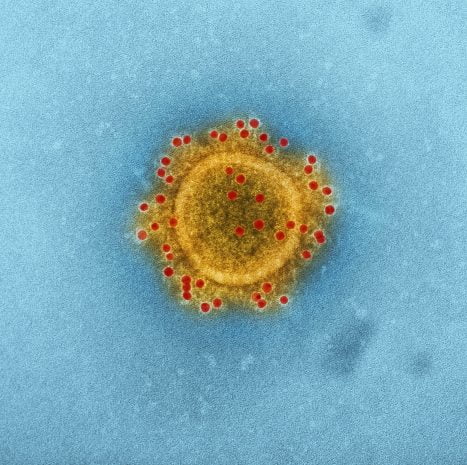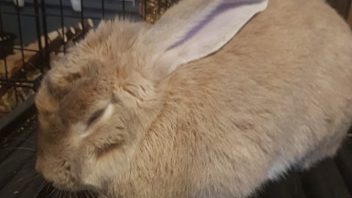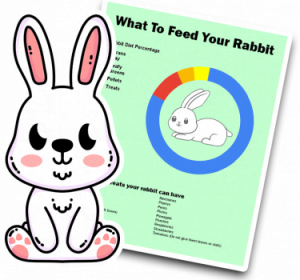
If you believe your rabbit is sick, please contact your closest veterinary immediately. Symptoms can include not pooping or eating within the last 12-24 hours. Loud breathing noises and pain noises.
The Encephalitozoonosis disease, despite its incredibly long name, sounds just as confusing as it is. There’s a lot of misconception with Encephalitozoonosis in rabbits.
For example, it’s still unknown if Encephalitozoonosis can be caught by humans as well as rabbits. There have been some rarely seen cases but nothing in a study fully confirming it was transferred via rabbit.

Unfortunately, Encephalitozoonosis in Rabbits can lay dormant without symptoms for a very long time, this means that symptoms can start to appear once triggered via stress, getting older and even having their immune system compromised (immunocompromised).
However, the symptoms when developed are very obvious:
Unfortunately, if there’s any trace of Encephalitozoonosis it will need decontaminating. So you should regularly keep the environment clean by regularly cleaning up and washing any mess.
Take your rabbit to the veterinary practice as an emergency appointment, once your rabbit is in the hands of your vet, if you’re able to leave, go home and clean their entire area out. This includes cleaning, disinfecting and replacing all toilets and play areas.
Unfortunately, not all treatments are effective. You may find that humane euthanasia is a better option for your loved one to pass peacefully without pain or inconvenience.
If the only outcome is cataracts, these can be surgically removed but may result in blindness.
Encephalitozoonosis has been reported in a very small number of people of all ages and conditions; Elderly, Young and immunocompromised individuals. The same rule for this disease applies to all diseases:
Wash your hands regularly after handing an animal or before eating

By entering your email address you agree to receive emails from Cottontailclub. We'll respect your privacy and you can unsubscribe at any time.